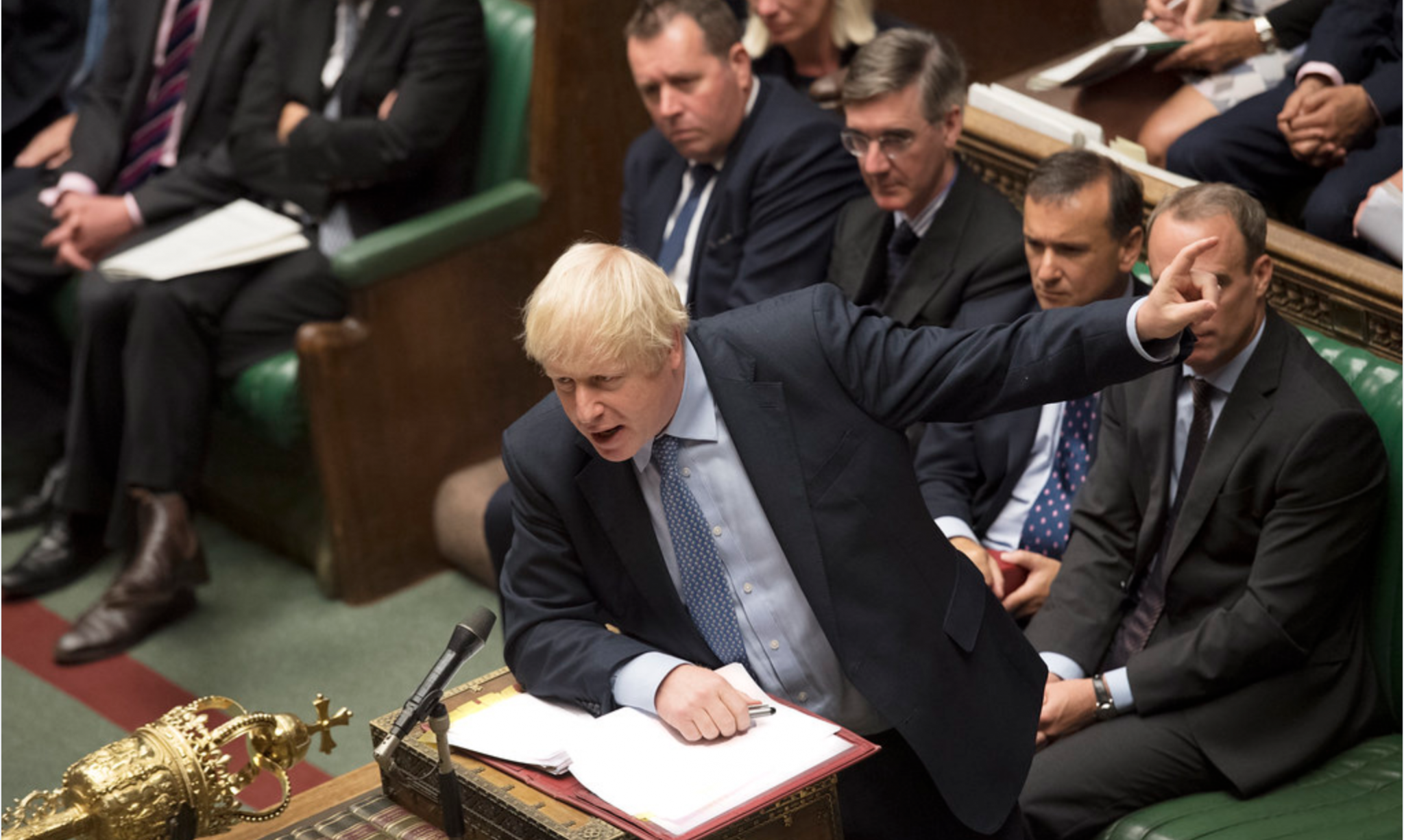Alan S. Reid (Sheffield Hallam University)
Brexit is done. The General Election result of December the 12th 2019 provided certainty. That certainty is that the UK leaves the EU on the 31st of January 2020, at 12am Central European Time. However, Getting Brexit Done does not eliminate uncertainty. Indeed, if anything is certain, it is that more uncertainty is coming in 2020.
Thoughts have inevitably turned now to the terms of the UK’s future relationship with the European Union. The 11 month transition period will go quickly. The negotiations will not start in earnest until the 1st of March 2020, with the European Commission hoping that the Ministers from the 27 member States will sign off on the negotiating mandate at the Council of the EU’s General Affairs meeting on the 25th of February.
A reading of the runes suggests that the EU and the UK are as far apart as ever in their thinking. The UK, as a proud independent, sovereign nation is stressing the need for UK divergence from EU rules and a desire to conclude a trade deal with the EU and the United States in parallel. The EU, for their part, still hope that the economic, national security, environmental and food and product safety risks engendered by a No-Deal Brexit or bare bones trade deal, will concentrate the minds of the cabinet in Sunderland and London on negotiating a comprehensive trade and security deal. Indeed, the mood music coming from Brussels indicates that their preferred option is for the United Kingdom to enter an Association Agreement , in a similar fashion to that between the EU and Ukraine.
Such an arrangement would not be without precedent, given that the UK had an Association Agreement with the EU once before. In 1954 the UK had an Association Agreement with the Coal and Steel Community in 1954 as a precursor to UK membership of the EEC.
However, the chances of the UK desiring such an outcome and the chances of the UK and the EU negotiating such a comprehensive arrangement in under a year are almost nil. The UK will not want to be seen going back to the future. The UK Government, for political reasons, is seeking to distance itself as much as possible from the institutions, machinery and operations of the EU so an Association Agreement would look too much like the softest of Brexits and thus be unacceptable. For the Europeans, rigid dogmatic insistence on securing a UK/EU relationship based on an extant off the shelf framework may prove counter-productive. The inherent danger, in such a limited time frame for negotiations, is that continued adherence to the mantra that nothing is agreed until everything is agreed, sets the negotiation up to fail. In such a scenario, the spectre of No-Deal Brexit is resurrected.
The false security offered by the safety net of the transition period, the feeling that leaving the EU is not as bad as the Remoaners predicted, will only last so long. The risks of economic, political and legal insecurity have been avoided for now, however once the pause button is released, the United Kingdom and the European Union might find that the outcome is not ‘normal service is resumed’ but that the fast rewind button was triggered by mistake, taking UK/EU relations back decades.
Time will tell whether 2021 leads the UK and the EU to the promised Nirvana.
The views expressed in this article reflect the position of the author and not necessarily the one of the Brexit Institute Blog
Alan S. Reid is a Senior Lecturer in Law at Sheffield Hallam University. He is an author of a number of publications and textbooks concerning EU Law. He specialises in EU Constitutional Law, Information Technology Law and Competition Law
Photo credit: “Boris Johnson’s first PMQs” by UK Parliament is licensed under CC BY-NC 2.0



